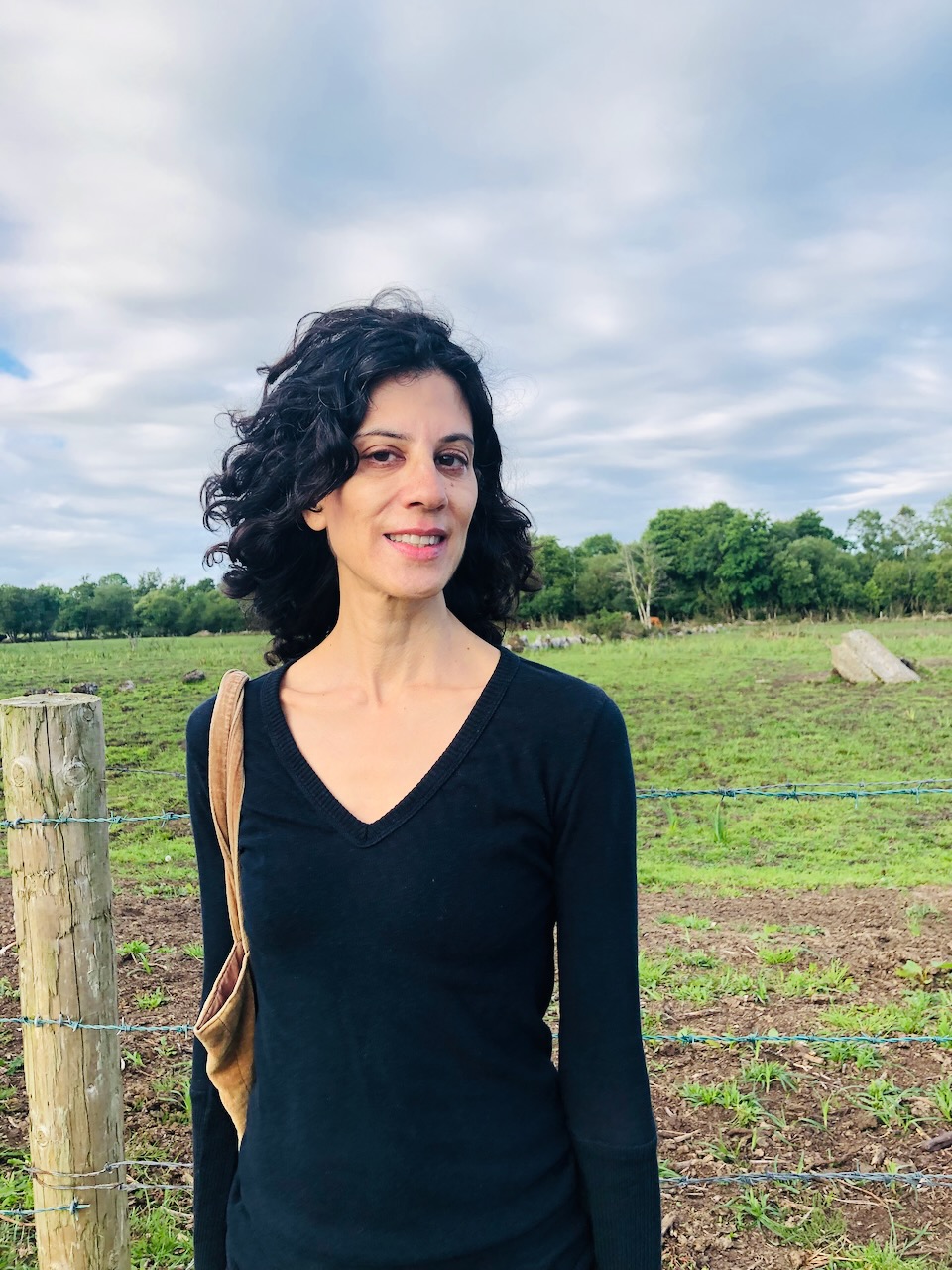By DIANE MEHTA
In the operatic corner in the library,
Italian dialects heckle one another—
whose language is honey
on the tongue and who has disjointed
heads off syllables on the pikes of the invaders—
“Ma ti, vècio parlar, rezìsti.”
(“But you, old idiom, resist,” Zanzotto says.)
Everything dopo, not a centralizing now but the truer after—
We grow old and brittle as these pages
turning on the shelf,
looking for meaning in languages
bigger than our tongues.
Italians in the corner mutter among themselves
while we scrawl our names in the ledger,
a book of history about what,
over many years, people cared about.
They see us march off with armfuls of books,
elated to create the annual harvest of ourselves,
and shake their heads, so many of them
untranslated; so much there is trellising the lyrical
sense we flutter off with.
Answers you seek hide in pages that love you not.
Spines creak open anyway between my hands.
Mosca of Montale’s heart
announces herself at the market.
He has numbered all his conversations to her
in poems saturated with loss so alive
she herself picks the fruit he desires that evening—
prickle pears and fennel go home with him
—just a few nights until the almond cake is ready.
Always this system of enduring and making do with.
Sentences stage a riot. They insist they are primary,
not primitive. Susurrations of the sublime in scribblings
untranslated, seeking transit of the life and not the page.
Diane Mehta is the author of an essay collection, Happier Far, and two poetry books, Tiny Extravaganzas and Forest with Castanets. She is poet in residence and the New Chamber Ballet in New York City.




